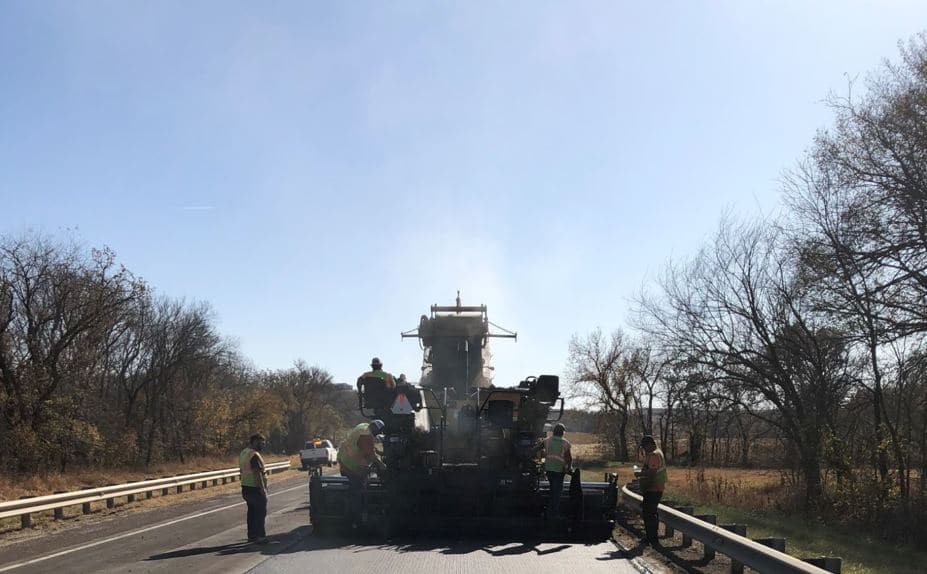
If you have equipment that will not be used over the cold and snowy months, make sure you give it the best chance for a hassle-free spring startup. The best place to start is with the owner’s manual. Did that get lost five years ago? No worries. Most OEMs have those bad boys stored in pdf online. You can read it there or print it out for best tips on your specific machine’s over-winter needs.
(Just a side note: If you have equipment that will perform during the winter season, check for a cold-weather-operation kit/option from the OEM. This may be a retrofit you can add if it wasn’t purchased along with the machine. If you’re using equipment in inclement weather, make sure you’ve double-checked your tires/tire pattern and you have a robust lighting package installed.)
Beyond cleaning every inch of the equipment with biodegradable release agent, blowing out hoses and lines, and getting the equipment to a sheltered area off the ground, look to the battery. When storing your machine over winter, a battery maintainer is worth its weight in gold. Be sure part of your cleaning routine includes using terminal cleaner and a terminal brush to get grime and corrosion resolved.
Keep in mind, DEF can freeze, but experts haven’t seen this as a problem. They’ve shared that the freezing doesn’t contaminate or degrade DEF. What can be a detriment to storing DEF overwinter is its expiration date. Pay attention to dates and store accordingly.
If you can’t park equipment in a climate-controlled garage for the winter season, make sure you at least have it covered and protected from winter elements. Unattended batteries will degrade, so this is where the battery maintainer can save you future heartache. Periodically start up the machine during the down-season to coat the cylinders and move the fuel.
To get tips like this delivered to your inbox every week, subscribe to our Toolbox Tips newsletter.